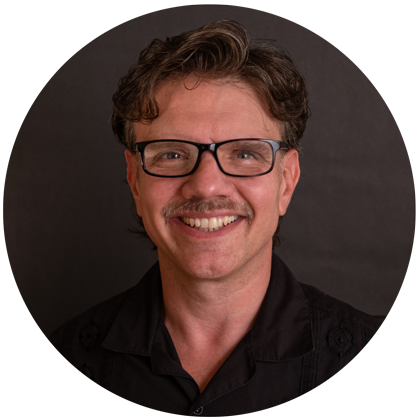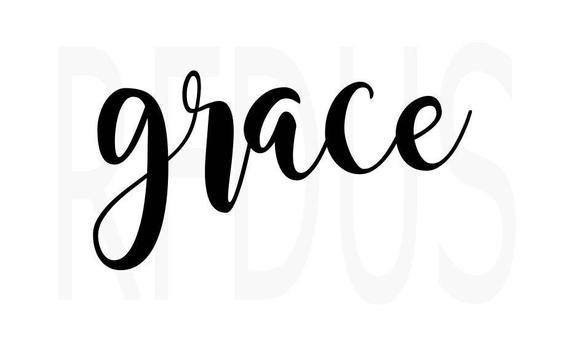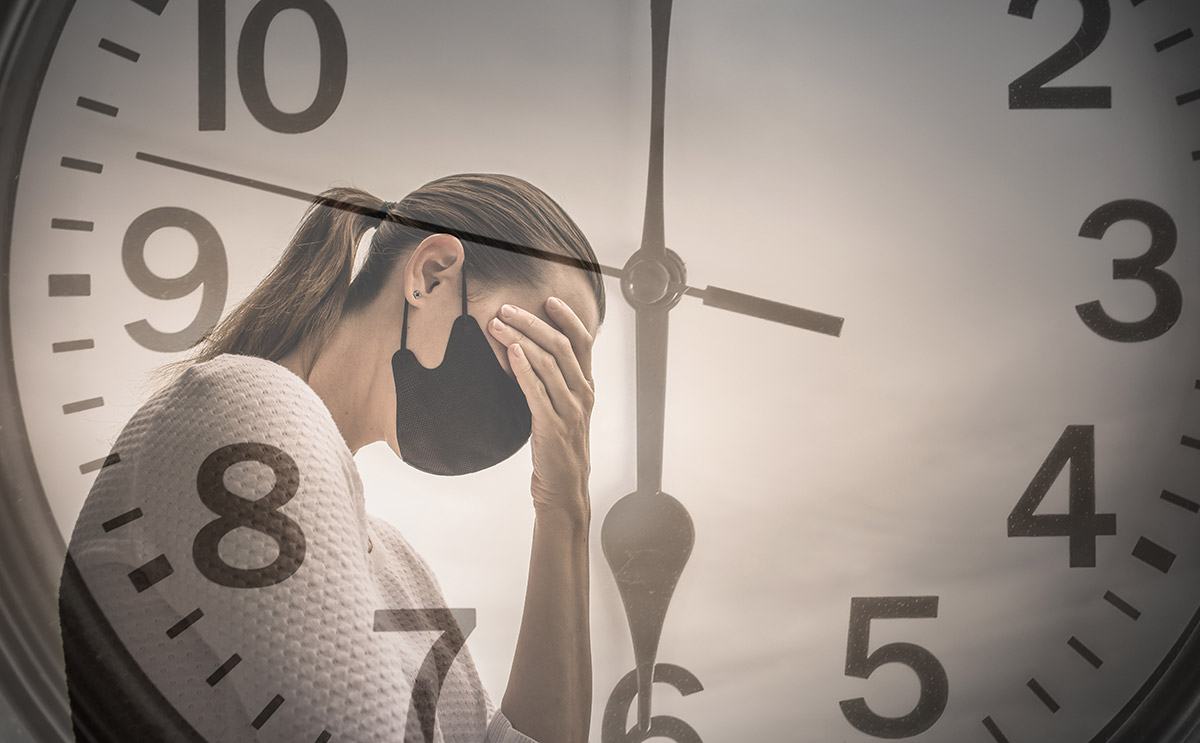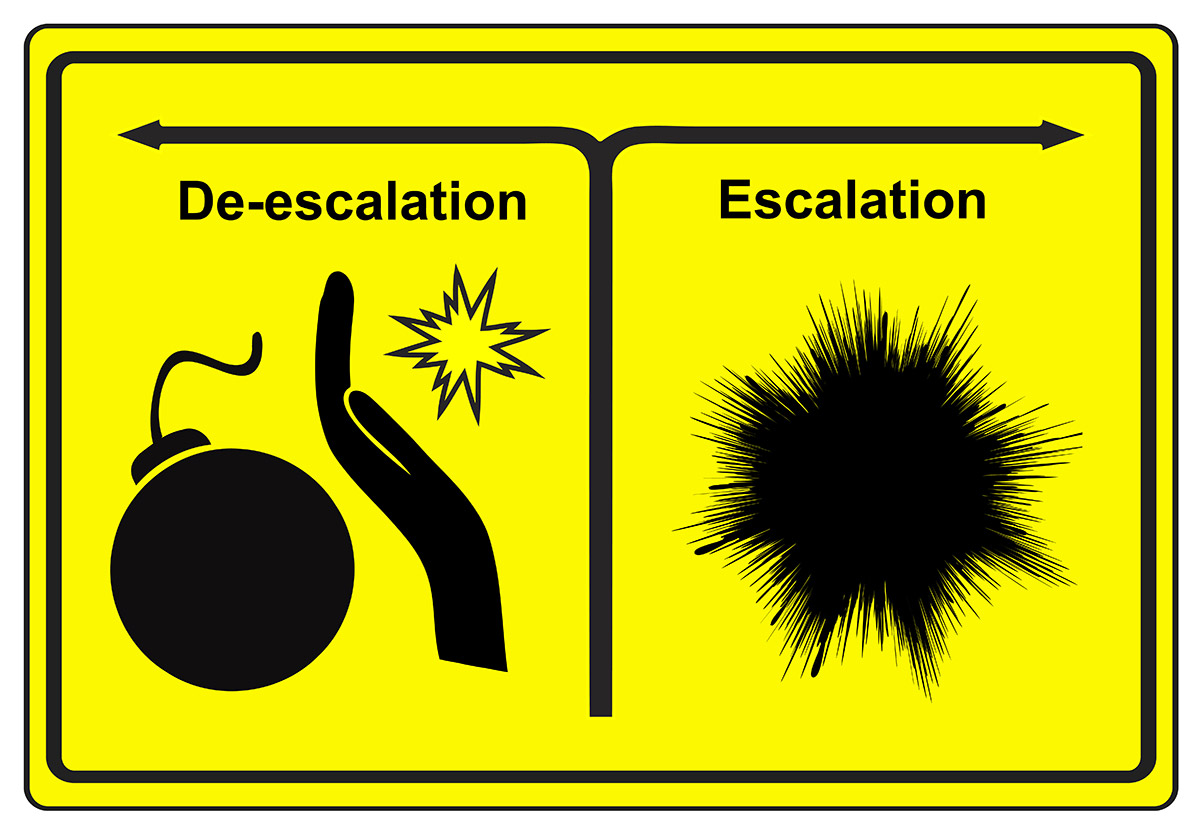“You are not alone”
I believe these four words to be the ones I spoke the most in 2022, equally as part of my life and my work.
I believe that this is the same statement I’d have made for 2021. Quite possibly, it was one of my most frequent statements of 2020 too.
Yet it has been these last two years – namely these last 18 months – when this statement seems most important and relevant in my entire life of over a half-century.
I am a psychotherapist. I’m not the kind with a couch or chair in a private office (or Telehealth location).
I work in the community. I always have since I began in 1993.
These days, I work as a Consulting Therapist and Clinical Educator with an eye towards crisis situations and providing/fostering Psychological Safety in the workplace & and any community-based location where care and compassion are sought and provided. I have an interest in supporting people who are on society’s fringes; the people most likely to ignored, whose lives may be minimized or, worse, are seen as a deficit in the larger-scaled view of our society.
I like – yes, like – to work with people who have active mental health issues; with people who have lives filled with traumas (personal & historical), and with other persons who are trying to survive the cruelness & harms present in our society, namely for folks who do not have the resources, appearances, or privileges of those promoted by our society.
What’s more, I really like working with people who also choose to work with the persons I mentioned above.
What I’m writing today is not meant for just those people (who I will refer to broadly as “staff” in this text), but more for the people who may not know of the inner workings of these people that staff our hospitals, our community outreach teams, our homeless shelters, our supportive housing locations, senior centers & our food banks. These individuals, along with many others, provide valuable & compassionate services spanning the widths of health care, social & human services, education, and almost any other sector that serves our community’s most vulnerable members in ways you’d not immediately consider (e.g., the library staff that helps hydrate and warm unhoused neighbors, or the community center staff member that makes sure people get fed and showers).
You see, I get to interact with a few thousand people a year that work in our community’s service sectors. I’ve had this good fortune for many years prior to the pandemic, and the need for supporting folks doing this work has only expanded these past 3 years of pandemic, often while the resources & supports for staff persons have been less available, typically due to funding issues, staffing issues, or other acts of omission or commission.
I “see” something in so many colleagues with whom I work: They are isolated. They tell me this, usually not immediately; at least not until they feel as if I am safe and not going to judge them as weak or insufficient. What’s more, when they open up to me, the next powerful phrase I hear is something like “I feel broken.” I’ve had dozens of people tell me this directly in 1:1’s these last 2 1/2 years, again, with this number really increasing in mid-2021. I’ve had a few brave souls say this around in a meeting or workshop with others present. The quiet nodding of their colleagues often made it look as if someone had magically initiated an army of bobbleheads in agreement.
The suffering of staff working in service settings is real. The significant suffering of those that work with our community’s most vulnerable members facing layers of trauma and suffering is nearly unimaginable, and also comes at a low rate of pay that indicates society’s dismissal of these staff member’s value. So many people feel ignored, isolated, and alone. I find that some of my most important work is simply letting them know that they are not the only person feeling that way.
“You are not alone” has been in my personal and professional vocabulary for so long I cannot recall when I first uttered the phrase. Yet now I cannot seem to go a week without uttering it multiple times. It’s so reflexive now. It up there with breathing, eating, and drinking fluids. It’s a constant for me these last 3 years.
In January 2021, I got a verbal gift from Amanda Gorman, the first youth Poet Laureate in the US. She did not give it to me directly, instead she gave it to all of us in her Inaugural Poem in Washington DC on 1/20/2021. Speaking about our nation, she wrote that it “isn’t broken, simply unfinished.”
This was wording I wanted and possibly needed. For I too had been feeling at least partially cracked if not fully broken. Who wouldn’t? (Well, that’s for another post: Related to those whose eyes are not yet open to what the amount and array of suffering that permeates our society in so many ways, often unnecessarily).
In mid-2021, I believe that most of the people with whom I interact thought we were past “the worst of it.” Then came a series of issues: compounding episodes of harm and hate in many ways, the rise of the Covid variants (first Delta and then all of the Omicron ones, hastened by ongoing misinformation about vaccines and public health in general), plus an abundance of ongoing, dare I say leftover, political and social grievances. When so many people thought “we were going to get back to normal” people started to see that this was not going back to normal. Most of the folks I communicate with came to these realizations in isolation, even if their everyday functions were surrounded by people. The real existential eye-opening moments almost always occur in solitude. This was a sort of collective solitude that spanned these last couple of years. I have a window into these worlds because of the work I do and the numbers of people I interact with on a regular basis.
For all of us, I offer this: You are not alone. You are not the only one feeling broken. That may not make you feel better, yet I want you to stay connected. It’s extremely unfortunate that it is via our suffering that we at times feel connections. I facilitate discussions with teams that are at greatest risk for developing “trauma bonds” as a result of the primary and secondary traumas that we’ve experience and continue to witness in our lives. Sometimes it feels like only those that have also been harmed can understand us. And, often that it true that the easiest connections are due to the inherent understanding of harm felt by others. Yet it important to not dwell too long in our suffering or it can encompass us (I believe that, unchecked, it WILL encompass us), and find an authentic way to address, confront, and manage this suffering.
Retreating back into isolation will not help us heal. It can “buy us time,” so I do not wish to judge those that need that space and time to simply not be exposed to our world’s suffering. Yet we must find a way to keep going.
When I’ve offered to people “You are not alone,” I get an array of responses. Some “don’t want to hear that now.” Most do. Some look deep into my eyes, as if I’ve uncovered their lonely secret and they are looking at me for more. Sure, I can help but I do not have a cape and I don’t wish to be a savior. That’s not me and that’s not really therapeutic. Yet I can help people re-find their way. I’ve had people tell me this during this year. Thank you to those that have. You help me keep going and therefore help me help you and others like you. Again, I appreciate you since you help me continue to show up to strive to improve the miserable conditions that exist on this earth.
For those of you reading this as if you were peering into another world, as if you were outside someone’s home and could see in through their large window, I invite you in closer. Please look, not at me but at my world. There’s an abundance of suffering. I invite you to be kinder, more thoughtful, and more compassionate. These are not signs of weakness, they are signs of strengths. People that are vulnerable and real are the most attractive people. All of us are unfinished. How do you want to do you finishing work? I invite you in closer. There’s a lot more room for warmth, compassion, empathy, and love in our world. Please join me.
Finally, I will share this video, which was probably the one I shared and reference most in 2022. It is a 14 minute by the incredible Professor Loretta J Ross from August 2021. It is timely, it is inspirational, and it is love packaged in an under-15-minute video link. Please do watch it and practice accordingly. LINK: Loretta J. Ross: Don’t call people out — call them in | TED – YouTube
Know that you are not alone. You are loved, even if you do not know it yet. Remember, we are all simply unfinished. What is the next thing (action, attitude, or behavior) that may help you?



